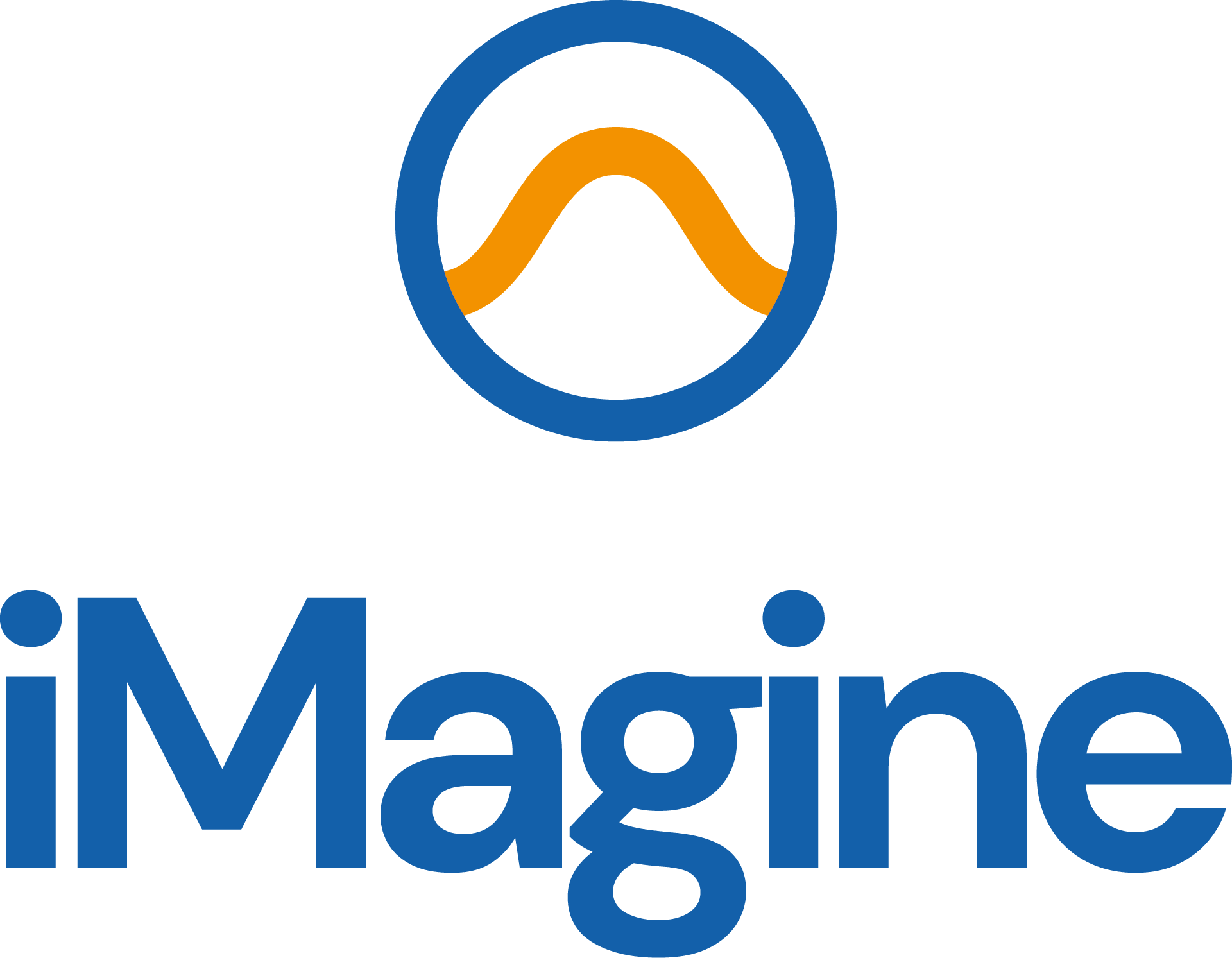The first AI4EOSC platform user’s workshop involved iMagine partners, too

The two-day event aimed to bring AI4EOSC & iMagine platform users, supporters, and developers together to share their experiences and upcoming platform updates.
With more than 50 attendees, including partners from iMagine, the first AI4EOSC platform user’s workshop was organised by KIT and hosted in a hybrid format at the Institute of Informatics of the Slovak Academy of Sciences (IISAS) in Bratislava. The aim of this event was to promote collaboration between the different partners involved, as well as the sharing of advances, available resources and how to use them, demonstrations, and, in general, sharing of know-how, both inside the project scope and with the iMagine project partners.
This two-day event has allowed AI4EOSC platform users, supporters, researchers and developers to share their experiences and upcoming updates of the platform.
The first day of the workshop focused on providing an overview of the current state of the platform. The day started with a talk concerning different state-of-the-art AI methods, followed by a presentation on the present and future roadmap of the dashboard, demonstrations on the use of federated learning within the platform, as well as different frameworks, new templates for modules integration, use of MLFlow, model provenance, OSCAR as a system for inference, AI4Compose and drift detection. The workshop continued with two hands-on sessions on logging, testing, debugging and adding modules to both AI4EOSC and iMagine marketplaces. In closing, a plenary session was conducted on Competence Centers in Europe, as delineated in the Skills4EOSC project.
Day two focused on the three use cases of the AI4EOSC project: agrometeorology, integrated plant protection and automated thermography. The morning started with a session in which each use case presented its status, challenges, future plans and feedback on the current platform and dashboard, followed by an update on the platform technical details. Finally, some practical sessions were conducted on the specific challenges of each use case and possible solutions.
adapted from the original published on AI4EOSC website
